When it comes to home improvement, the little details can make a world of difference. Have you ever walked into a room and just felt that everything was perfectly in place? The kind of space where the walls just seem to whisper polish and sophistication? Well, the secret often lies in something as seemingly simple as drywall installation. While it might not be the most glamorous aspect of designing a home, getting your drywall installed right is absolutely key to achieving that seamless look we all desire. In this article, we’ll dive into why proper drywall installation matters, how it affects everything from aesthetics to durability, and tips to ensure your walls are the envy of every visitor. Whether you’re planning a renovation or just looking to refresh your space, understanding the importance of this foundational step can help you create the home of your dreams. Let’s get started on this journey to flawless walls!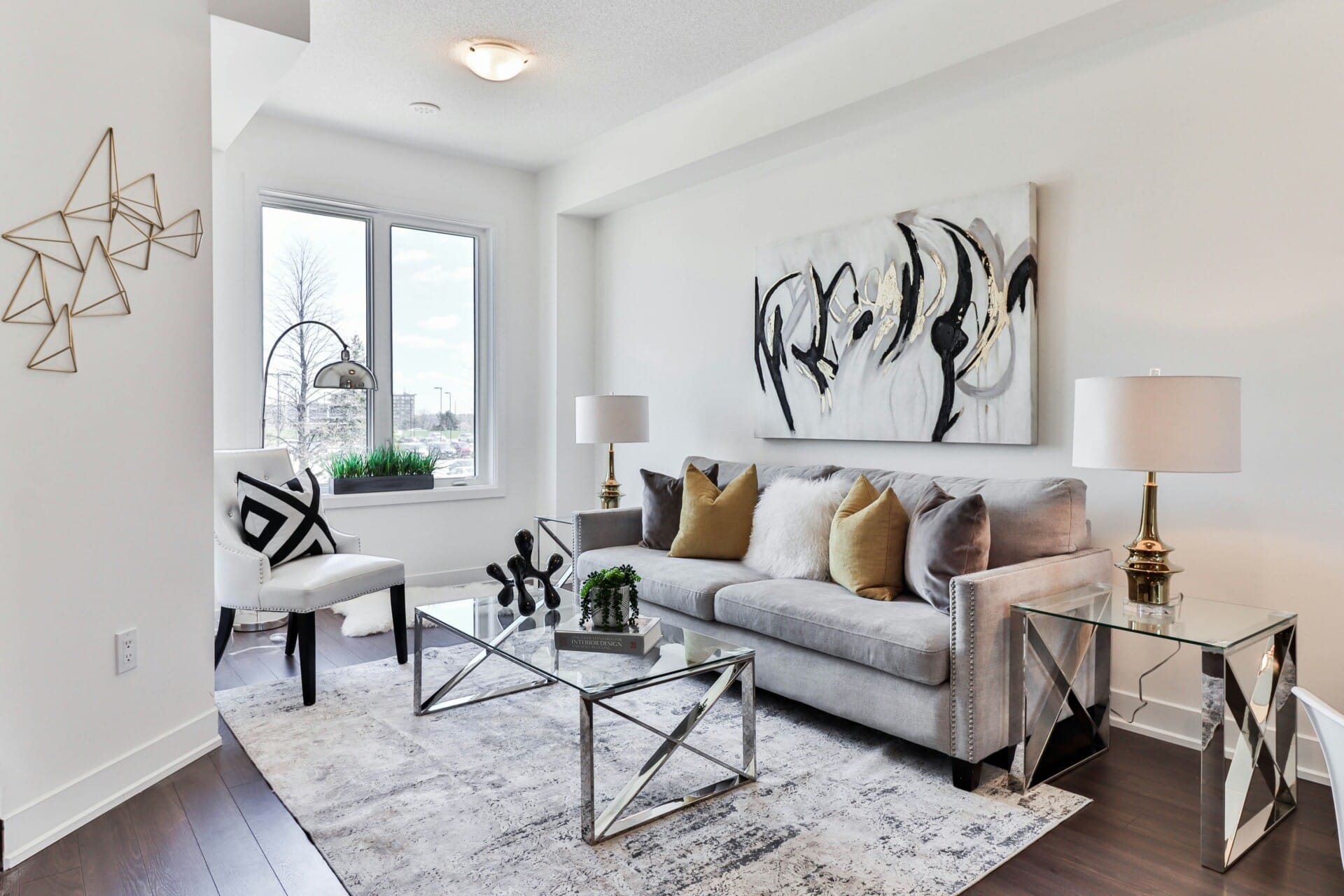
Understanding the Importance of Proper Drywall Installation
When it comes to constructing or renovating a space, proper drywall installation isn’t just a detail—it’s the foundation for a flawless finish. A well-installed drywall can dramatically enhance the aesthetics of a room, providing a smooth canvas for painting or wallpapering. If the drywall is uneven, improperly taped, or poorly finished, it can lead to visible seams and imperfections that distract from the overall look. Plus, these flaws can become even more pronounced over time, making it crucial to get it right the first time.
Moreover, proper installation plays a significant role in the structural integrity and durability of your wall system. Issues like moisture intrusion can arise from poorly sealed joints, leading to mold growth and damage. By ensuring that drywall is installed accurately, homeowners can protect their investment and avoid costly repairs down the line. Here are a few points to consider:
- Prevents Cracks and Flaking: Quality installation prevents future wear and tear.
- Improves Sound Insulation: Properly installed drywall can enhance acoustic properties.
- Increases Property Value: A well-finished interior boosts the appeal to potential buyers.
it’s essential to recognize that the drywall installation process might seem straightforward, but it requires skill and precision. Factors such as humidity, temperature, and the right materials all contribute to the final outcome. Here’s a quick look at some essentials:
| Factor | Impact on Installation |
|---|---|
| Humidity Levels | Can cause drywall to warp or mold. |
| Temperature Fluctuations | Affects drying time of mud and tape. |
| Material Quality | High-quality materials ensure longevity. |
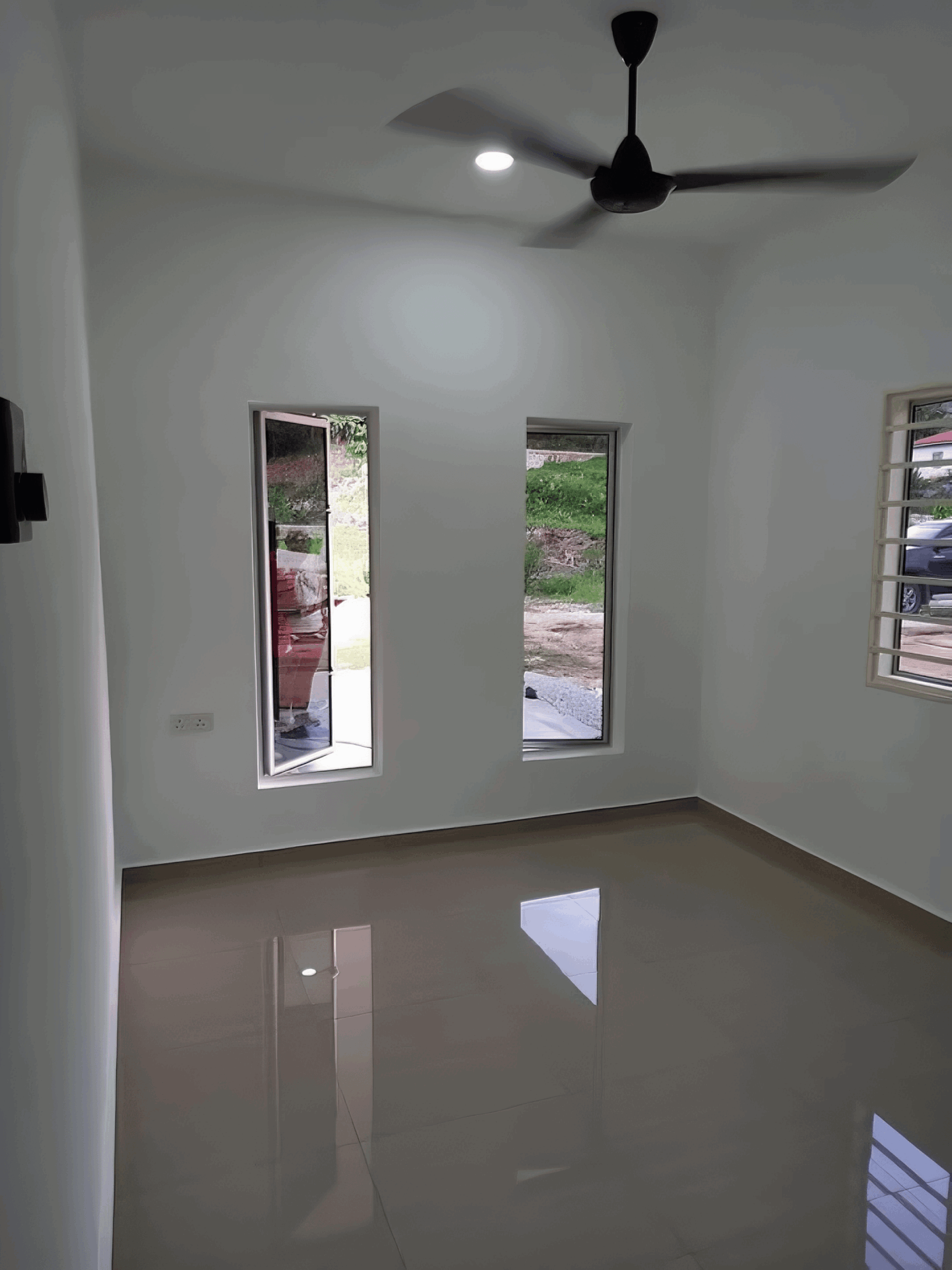
Key Techniques for Achieving a Flawless Finish
To achieve that impeccable finish on your drywall, start with the right tools. Having the correct equipment not only saves time but also ensures a smooth application. Here’s a quick rundown of the must-have tools:
- Taping Knife: Use a wide taping knife for applying joint compound and a narrower one for more detailed work.
- drywall saw: A quality drywall saw makes cutting a breeze, allowing you to make clean, precise cuts.
- Sandpaper or Pole Sander: Smooth out any rough spots after the joint compound has dried.
- Drywall Primer: A good primer seals the surface and prepares it for paint, enhancing the final look.
Next up, pay attention to your application technique. It’s not just about slapping on the joint compound; finesse is key. Here are some helpful pointers:
- Apply the first coat of joint compound generously, ensuring it fills any gaps.
- After the first coat has dried, lightly sand it down before adding subsequent layers.
- For the final coat, use a wider knife and feather the edges to blend seamlessly into the wall.
Lastly, patience is crucial. Rushing through the drying process or sanding too aggressively can lead to an uneven finish. Make sure to follow these steps:
| Step | Action |
|---|---|
| 1 | Allow each coat of joint compound sufficient drying time. |
| 2 | Sand between coats to achieve a smooth surface. |
| 3 | Use a dust mask while sanding to keep the air clear. |
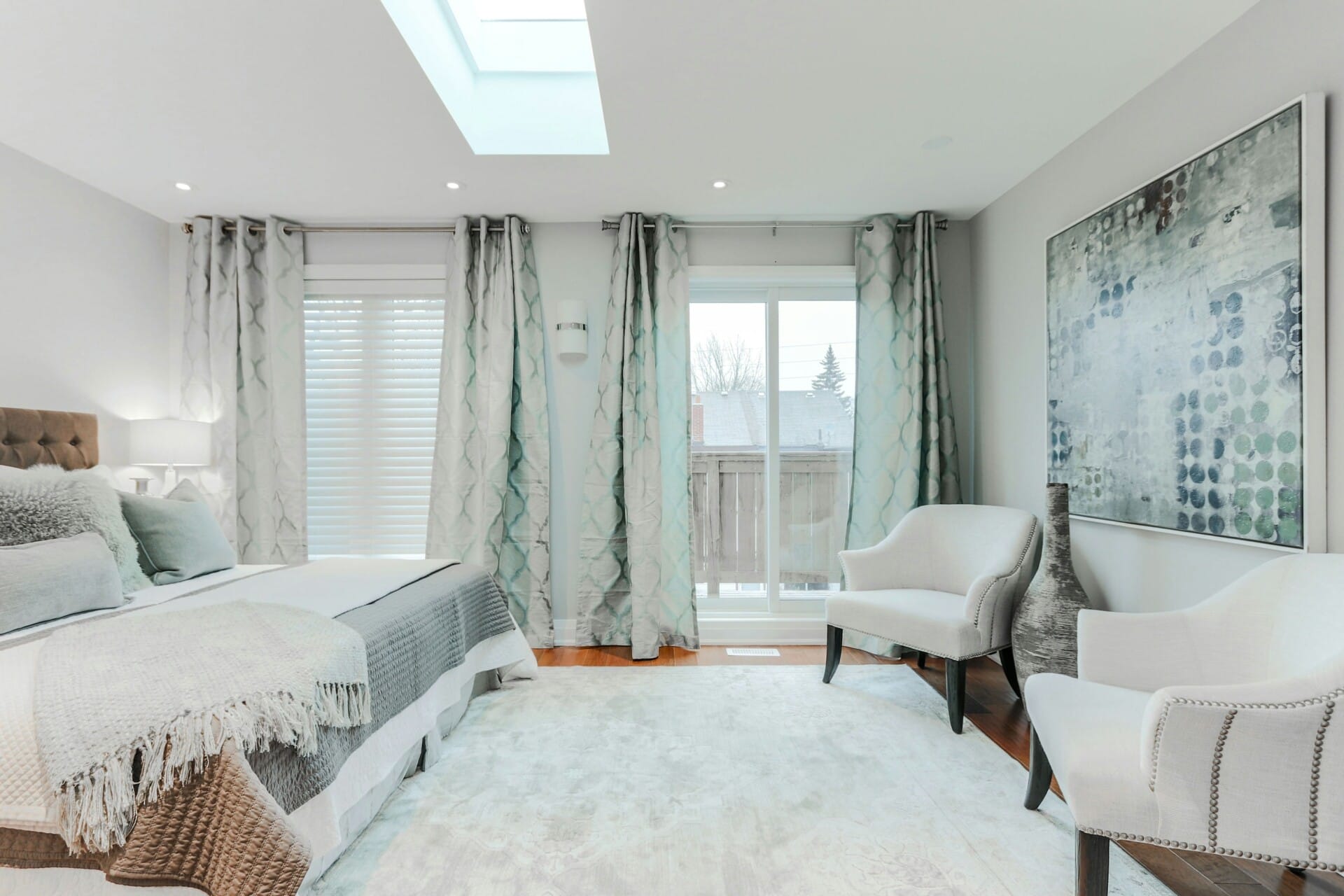
Common Mistakes That Compromise Drywall Quality
When it comes to drywall installation, even the tiniest slip-ups can throw off the entire project. One common mistake is inadequate surface preparation. If the underlying structure isn’t well-prepped, the drywall can end up sagging or cracking. Users frequently overlook the importance of a clean and secure framework. Failing to ensure that all walls are plumb and level adds unnecessary complications later in the finishing stages. Remember, the love you put into preparation shines through in the final finish!
Another pitfall is improper joint treatment. Everyone dreams of those perfectly smooth walls, but without the proper taping and mudding technique, this can quickly become a reality check. Not using enough joint compound or neglecting to feather the edges can result in visible seams that disrupt the clean lines of your work. A little trick? Apply compound in thin, even layers and allow it to dry fully before sanding smooth. It’s a game-changer for achieving that polished look.
Lastly, balancing humidity and temperature in the installation environment is crucial but often ignored. Installing drywall in overly humid or cold conditions can lead to warping and future issues like mould. Drywall thrives in climates that are neither too hot nor too damp, so aim for a comfortable temperature and humidity level when working. Protecting your drywall from these variables can save you from frequent repairs down the line. The installation environment is as vital as the materials themselves, so keep an eye on those conditions!
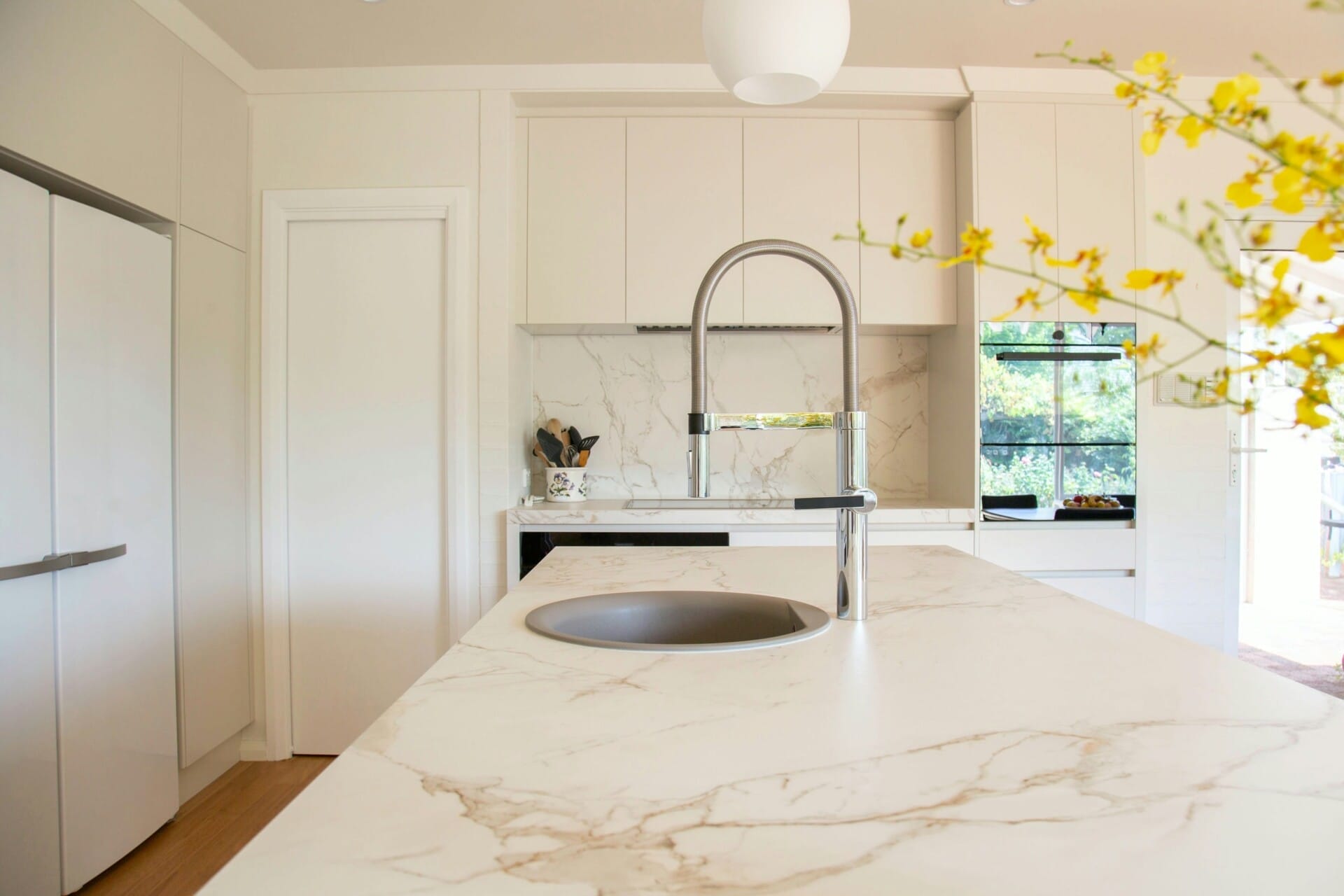
When it comes to drywall setup, the choice of tools and materials can make all the difference. Using high-quality materials like moisture-resistant drywall for areas prone to humidity, such as bathrooms or kitchens, ensures longevity and durability. Not to mention, your choice of fasteners—whether it’s screws or nails—can play a huge part in how secure your panels are. A sturdy setup not only prevents sagging but also creates a smoother base for paint or wallpaper.
Having the right tools at your disposal is just as important. Essential items like a tape measure, a utility knife, and a t-square will help you achieve precise cutting and fitting. For finishing, a set of taping knives in various sizes will ensure that you can smoothly apply joint compound without leaving behind unsightly lines or ridges. You’d be surprised how much better your finished walls will look when you invest in the right tools!
To help visualize the impact of different choices, here’s a quick comparison of common drywall materials:
| Material Type | Best For | Considerations |
|---|---|---|
| Standard Drywall | General use | Cost-effective, easy to work with |
| Moisture-Resistant | Bathrooms & Kitchens | Prevents mold and mildew |
| Fire-Resistant | Attached garages | Increases safety ratings |
How Proper Installation Enhances Aesthetic Appeal
When it comes to interior design, the details matter, and drywall installation is no exception. Properly installed drywall creates a smooth foundation that enhances the overall aesthetic of any space. If the seams are tucked away neatly and the surfaces are impeccably finished, you’ll have a visually pleasing backdrop that elevates the look of your room. The right textures and flawless transitions can draw attention to features like paint, wallpaper, or decorative moldings, making the entire area feel more cohesive.
There are several key elements that contribute to a polished appearance:
- Seamless Joints: Proper tape and mudding techniques ensure that the seams disappear, making your walls look uniform.
- Smooth Finishing: A well-sanded surface provides an ideal base for painting or applying finishes.
- Consistent Thickness: Precise cutting and fitting of drywall sheets prevent unsightly bulges or gaps.
Furthermore, integrating drywall with other materials can significantly enhance your interior design. Take a look at how drywall can complement other elements:
| Material | Impact on Aesthetics |
|---|---|
| Wood Beams | Adds warmth and character when paired with smooth drywall. |
| Tile Accents | Creates a striking contrast that highlights the beautiful drywall finish. |
| Paint | Colors can pop against a flawless drywall surface, enhancing the room’s mood. |
Addressing Moisture Issues for Long-Lasting Results
Moisture can be a sneaky adversary when it comes to drywall installation. One minute everything looks perfect, and the next, you’re facing mold growth and peeling paint. To combat these issues, it’s essential to take proactive steps that ensure your drywall remains robust and resilient against humidity. Here are some tips:
- Choose Moisture-Resistant Materials: Opt for moisture-resistant drywall, also known as green board, especially in areas prone to dampness like bathrooms and kitchens.
- Ensure Proper Ventilation: Make sure your space is well-ventilated to mitigate moisture buildup. Install exhaust fans where necessary and keep windows open when possible.
- Seal Openings: Use caulk or sealants around windows, doors, and other openings to prevent moisture intrusion from outside.
Another consideration is the installation process itself. A careful and meticulous approach can significantly impact the longevity of your drywall. Make sure to follow these practices:
- Leave Expansion Gaps: Allow small gaps around the edges during installation to guard against swelling and warping caused by moisture.
- Use the Right Tape and Compound: Choose moisture-resistant tape and compound for seams to create a durable, lasting bond.
- Consistent Drying Time: Allow ample time for any adhesive or joint compound to dry properly before applying additional layers or paint.
ongoing maintenance and vigilance can preserve your drywall’s pristine condition over the years. Regular inspections can help catch problems early, potentially saving you time and money in the long run. Keep in mind:
- Check for Leaks: Regularly inspect pipes and roofs for any signs of leaks that could drip onto your drywall.
- Monitor Humidity Levels: Use a hygrometer to track humidity in your home, and consider a dehumidifier if levels become too high.
- Repair Damage Promptly: Address any minor damages or cracks immediately to prevent them from developing into major issues.
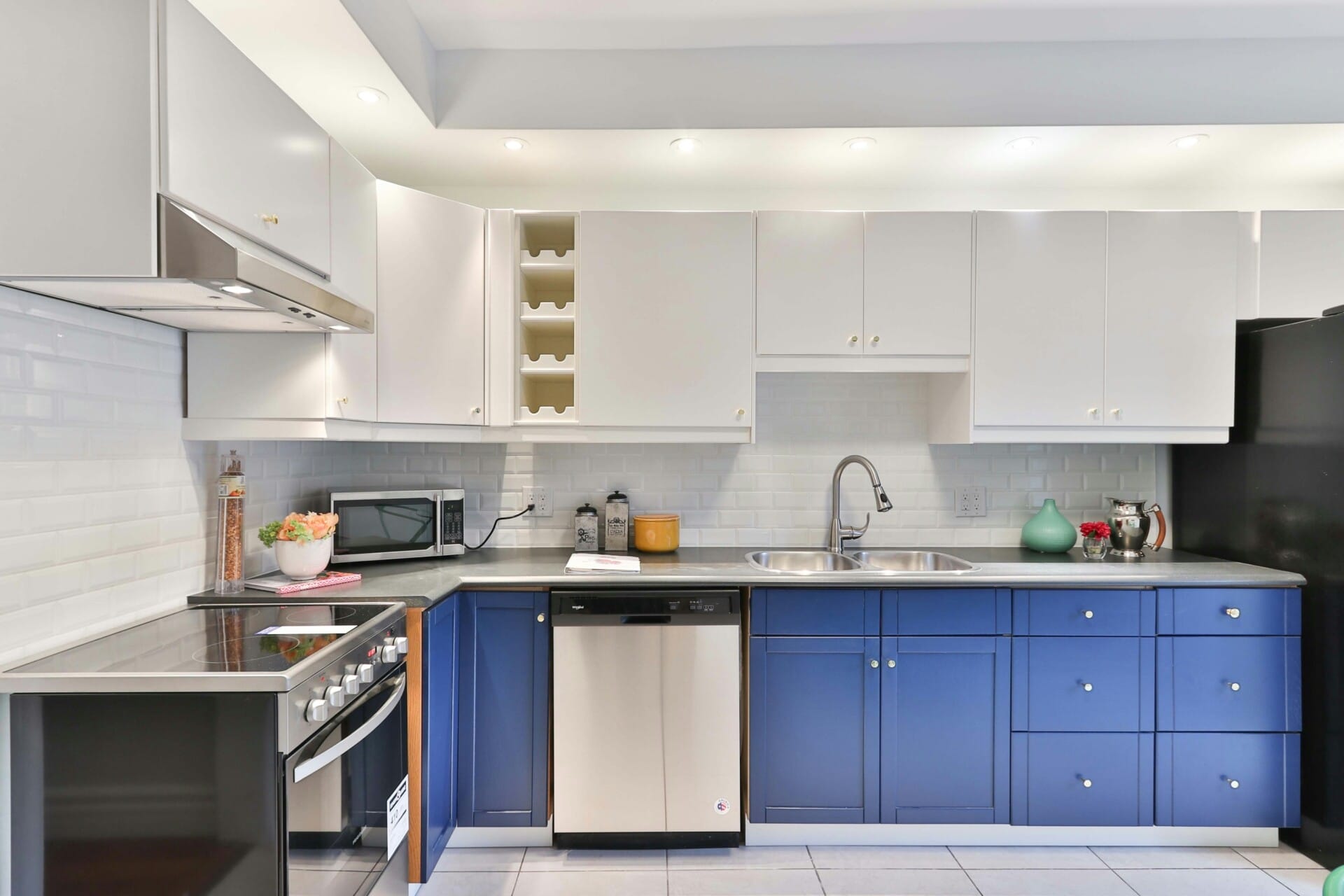
Finishing Touches: Taping, Mudding, and Sanding Explained
After successfully hanging your drywall, the real artistry begins with the final touches that can truly elevate the overall appearance of your walls. Taping, mudding, and sanding are integral steps that ensure a flawless transition between your drywall sheets, creating that seamless look we all desire. First, taping involves applying a special tape (usually paper or fiberglass) over the joints between drywall sheets. This process helps to prevent cracks from forming later on and gives a stable surface for the mudding process. It’s essential to apply the tape evenly and with just the right amount of pressure to avoid bubbling or lifting.
Once the tape is in place, the next step is mudding. This involves spreading joint compound—or “mud”—over the taped seams and screw holes. It’s all about building up layers, so don’t rush it! Start with a thin coat and allow it to dry completely before applying additional layers. With each application, you’ll want to feather out the edges to ensure a smooth transition from the mudded area to the surrounding drywall. Take your time; this is what defines the finished look. Using a wide putty knife can help in achieving those sleek edges without too much fuss.
sanding wraps up the process by smoothing everything out. Use a fine-grit sandpaper to gently buff the surface until it’s perfectly even. Pay special attention to the corners and edges to ensure no rough spots are left behind. It’s helpful to keep a vacuum nearby, as dust can quickly accumulate. Once you finish sanding, you’ll see how all your hard work pays off as your walls start to look integrated and polished. Remember, the attention you give during these finishing touches makes a huge difference in the overall appeal of your space!
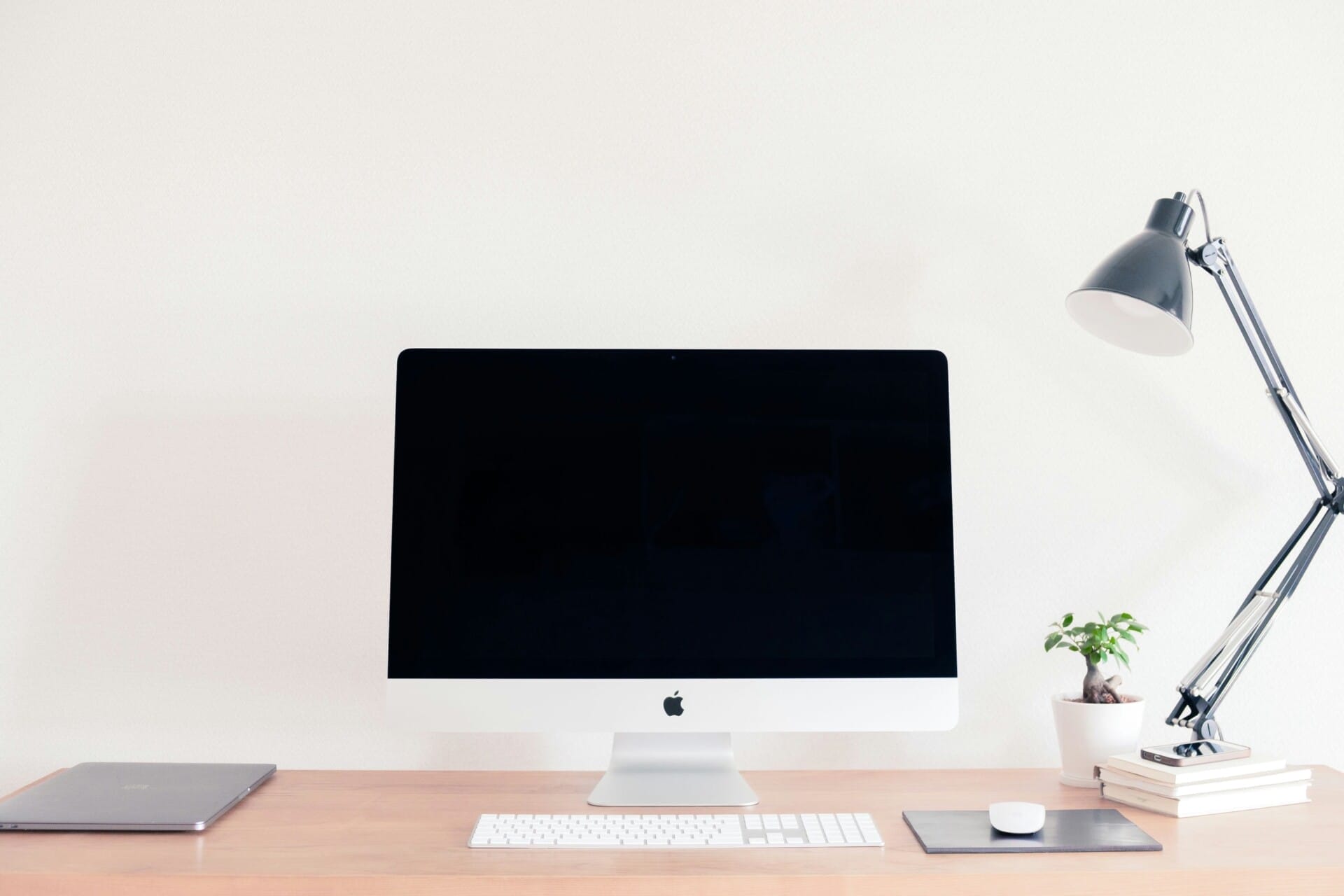
The Benefits of Hiring Professionals for Drywall Projects
When tackling drywall projects, the allure of DIY might be tempting, but hiring professionals brings an array of benefits that can elevate your outcome. Expertise plays a pivotal role as professional drywall installers possess the specialized skills and extensive experience needed to execute complex tasks. They understand the nuances of the materials and methods, ensuring that each sheet is properly installed and finished, eliminating potential issues that novices often overlook.
Additionally, time is a valuable commodity, especially in today’s fast-paced world. Professionals can efficiently manage the entire drywall installation process, from measuring and cutting to taping and finishing. This means you can reclaim your weekends or free time, leaving the heavy lifting to those who know the ropes. Moreover, they are equipped with industry-grade tools, resulting in quicker and more precise work compared to the average DIY handyman.
Furthermore, hiring experts can significantly enhance the final look of your walls. The finishing touches—sanding, texture application, and painting—require a keen eye and steady hand; small mistakes can leave lasting marks on your walls. Professionals guarantee a polished finish free from visible seams, bumps, or irregularities, creating an ambiance that amplifies the aesthetic appeal of your space. the investment in professional services can save both time and money by avoiding costly rework caused by beginner errors.
Concluding Remarks
In wrapping things up, it’s clear that proper drywall installation isn’t just a technical chore—it’s the backbone of creating a polished and seamless interior space. Whether you’re working on a cozy home or a bustling office, taking the time to get your drywall right can save you from future headaches. Cracks, uneven surfaces, or mismatched joints can really throw off the vibe of a room, and nobody wants that!
So the next time you think about a renovation or a new build, remember that a solid drywall foundation sets the stage for everything else. Plus, when you’re done, you’ll have a space that not only looks great but also feels comfortable and inviting. After all, in a vibrant country like Malaysia, where style meets function, every detail counts. Happy renovating!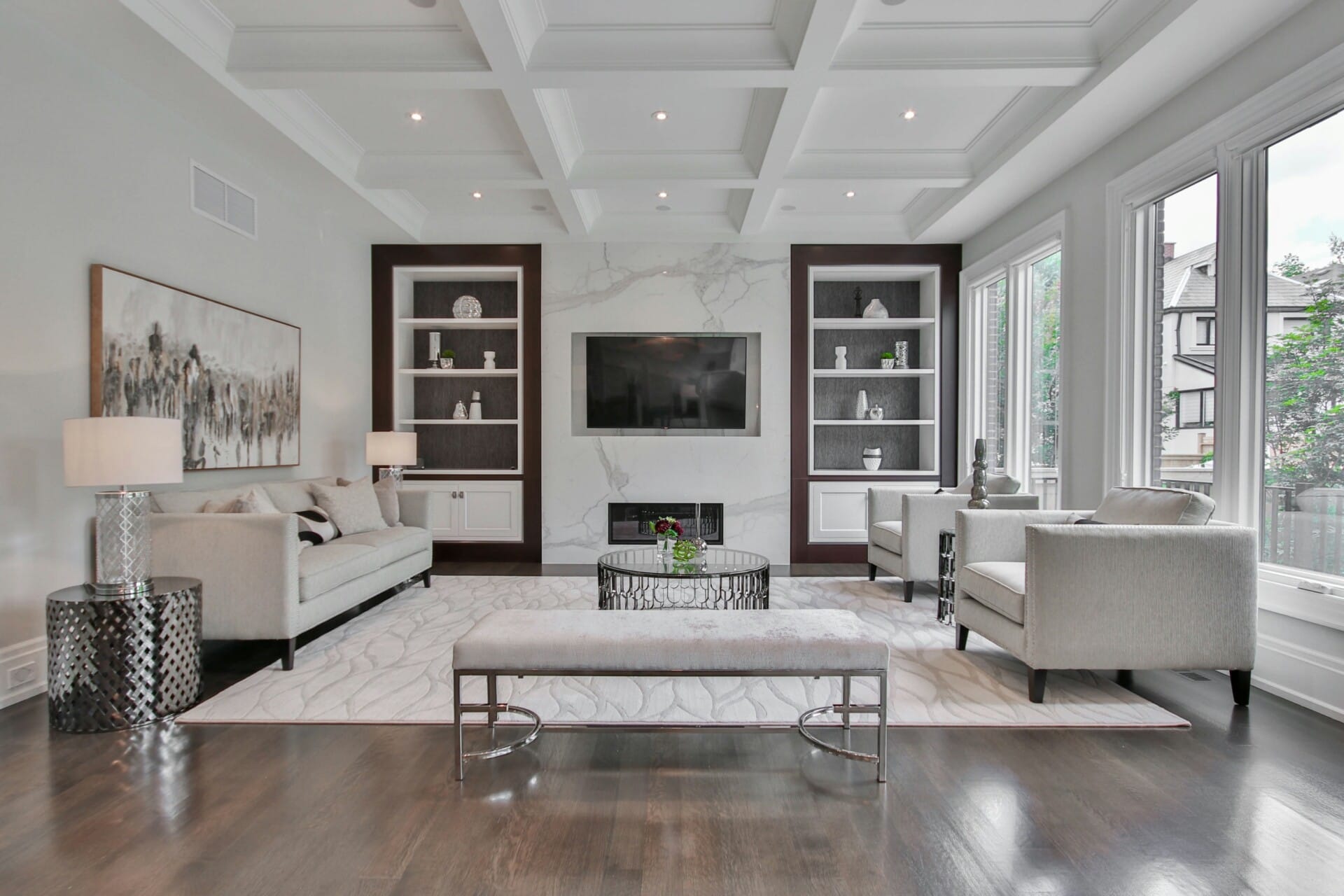
Source link
kontraktor rumah
bina rumah
pinjaman lppsa
pengeluaran kwsp
spesifikasi rumah
rumah batu-bata
pelan rumah
rekabentuk rumah
bina rumah atas tanah sendiri
kontraktor rumah selangor
rumah banglo




